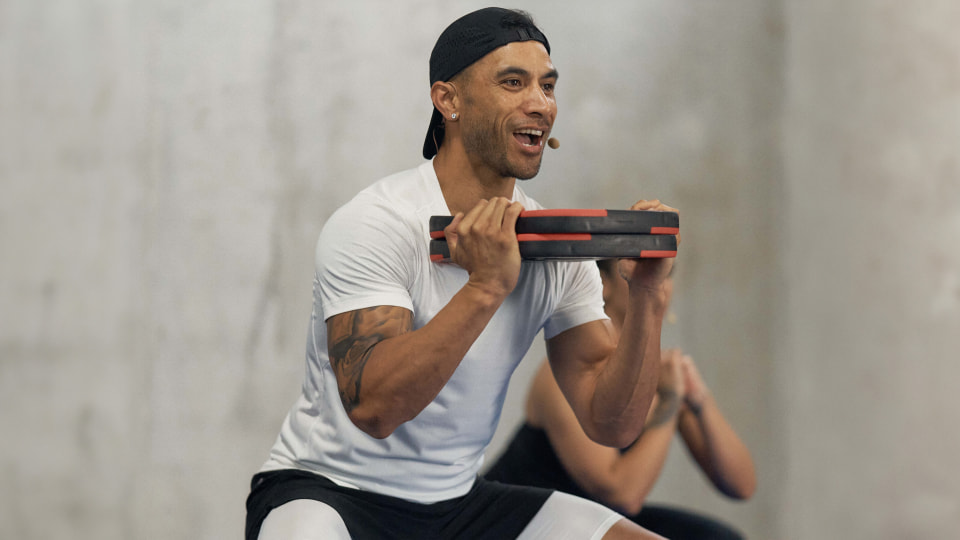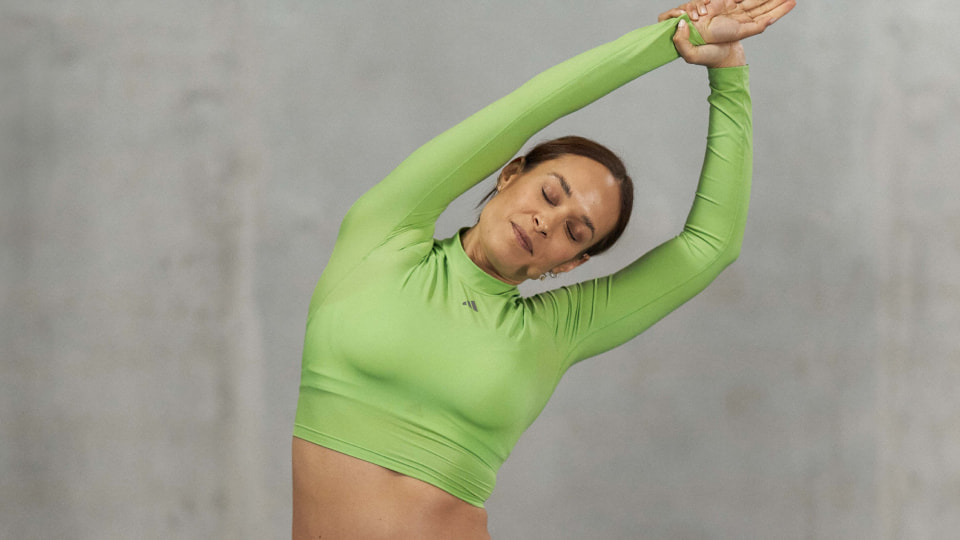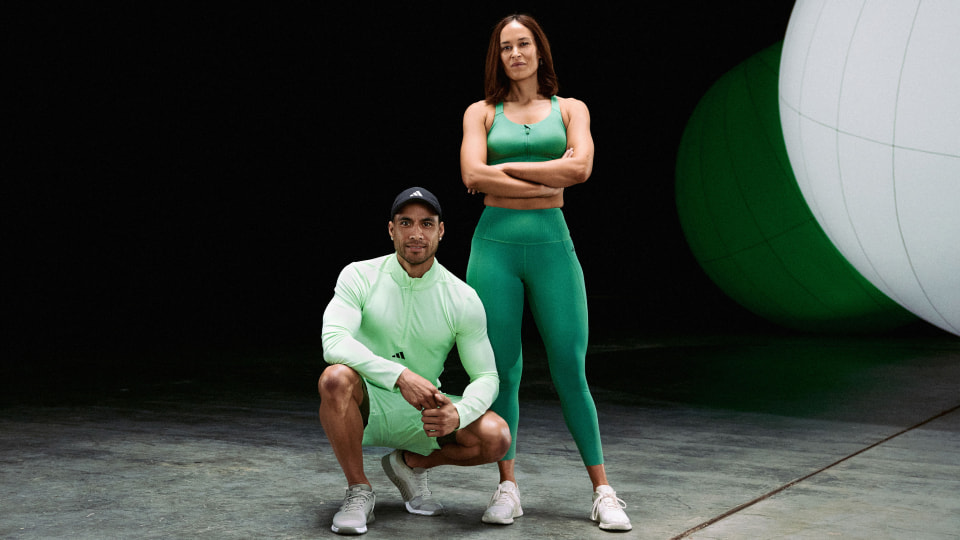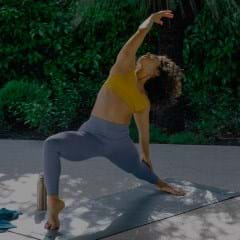The term ‘challenge’ is often associated with situations that are awfully negative and unpleasant. But it doesn’t have to be. If you choose smart ways to challenge yourself, the feel-good endorphins will flow and you’ll always emerge a winner.
Ask fitness superstar Rachael Newsham about dealing with challenges and she says regardless of what it is, taking on a challenge is one of the best things you can do to feel good about yourself.
“Embracing and overcoming challenges gives you an incredible boost of self-esteem,” she explains. “It delivers a sense of achievement that feels like rocket fuel for your soul. Your sense of self and strength is being elevated to a greater level – and that's something that can't be bought.”
Rachael recommends we all adopt a new appreciation for challenges – whether it's the type of challenge that's sprung on us, or a challenge we willingly opt into (perhaps starting a new job, or embarking on a new fitness routine). “The bi-product of a challenge is strength and experience – that’s something nobody can take away from you,” she adds.
If you’re seeking out a new challenge, focusing on health and fitness is a great place to start. Perhaps you want to try a new type of training? Maybe you want to resurrect your old fitness habits? Would you like to add more mindfulness and meditation to your life? Or perhaps you simply want to get in better shape? The good thing about fitness challenges is that there really is something for everyone.
THE BEST FITNESS CHALLENGES
The internet is littered with simple fitness challenges that involve doing just one move every day for a period of time – 30 burpees a day for 30 days, 200 squats each day for a month, or a 16-day push-up challenge.
These types of challenges can be a fun way to add physical activity to your day. But if it is your sole form of training, you certainly can't count on it being transformational. Fitness challenges that focus on a specific move lack the diversity needed for well-rounded training. By doing the same movements over and over again, you’re not only missing out on exercising other parts of your body, you’re also repeatedly targeting the same muscle group and not allowing these muscles time to recover.
A far better approach is to follow an exercise challenge or plan that includes a range of different training styles. Research shows that a well-rounded fitness routine can be key to long-term engagement, not to mention physical results such as reduced body mass, lower fat body mass percentage and other improved health markers.
WHY YOUR BODY RESPONDS WELL TO A CHALLENGE
- There’s a finish line. This gives you something to reach for. You’re more motivated to make positive lifestyle changes when you focus on doing it for a short time. After a while, it just becomes a long-term habit.
- There’s structure – you know what to do. Forget flipping between different workouts and faffing around trying to decide what type of exercise to do. A challenge makes it easy to stay focused and achieve goals.
- It’s new and different. Boredom is the ultimate motivation sapper, so it’s important you keep working out in novel ways. And it’s not just your mind that needs variety, your body benefits from mixing things up too.
- There are others along for the ride. If you’re following a structured challenge, chances are you’re not the only one – and connecting with your fellow challenge colleagues will pay off. Scientists have found that sharing your exercise experiences with others can positively influence your training.

Rachael says you should always be up for a challenge. “If you’re feeling stuck, if you want to get out of a rut, if you’re eyeing up a new goal, or if you want to feel more confident and more in control, then a challenge will help you reinvigorate your training and feel amazing.” And, on the other hand, “If you’re already feeling pretty good about things, challenging yourself will help you feel even better.” Her advice is to think big. “It’s got to be big enough to make your palms sweaty at the thought of it,” says Rachael. “The sweatier the palms, the greater the buzz at the end.”

“If you want to feel more confident and more in control, then a challenge will help you reinvigorate your training and feel amazing.” Rachael Newsham
TOP FITNESS CHALLENGES TO TRY
Jump mini challenge: Take your vertical and horizontal jumping power to a whole new level with four weeks of jump training. By working through four 30-minute workouts you’ll feel more athletic and confident, so you can perform better when you play sports or do other workouts.
Strength mini challenge: Feel stronger, for longer with four weeks of endurance training. Working through four 30-minute workouts, you’ll build muscular endurance so you can perform at a higher capacity for longer – and start feeling better with less fatigue.
Bend mini challenge: Spend four weeks creating a healthy stretching habit with athletic flexibility training. This targeted stretch challenge will help you improve flexibility and mobility, reduce injury risk and feel more balanced and aligned, meaning you’ll move better and improve performance.
Keep on Moving challenge: Ease into a new routine with three 20-minute workouts a week. Get a taste of different ways to train as you mix functional strength training with Pilates-inspired toning and yoga.
a









